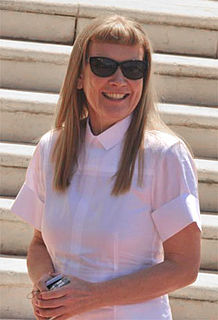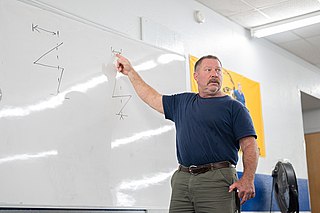A Quote by Jonathan Tropper
I occasionally experience the discomfort of people assuming my work is autobiographical.
Quote Topics
Related Quotes
Only people willing to work to the point of discomfort on a regular basis using effective means to produce that discomfort will actually look like they have been other-than-comf ortable most of the time. You can thank the muscle magazines for these persistent misconceptions, along with the natural tendency of all normal humans to seek reasons to avoid hard physical exertion.
We are now assuming that we have here the centre and goal of all God's works, and therefore the hidden beginning of them all. We are also assuming that the prominent place occupied by this divine work has something corresponding to it in the essence of God, that the Son forms the centre of the Trinity, and that the essence of the divine being has, so to speak, its locus ... in His work, in the name and person of Jesus Christ.
The emotional aspects of a wilderness experience might be compared to a religious experience. It is particularly valuable for those people whose unconscious associations of pain and discomfort in relationships to man render a deity in human form impossible. Christianity is unacceptable to some people because of the use of the human symbol, but some who can't accept Christ can gain a tremendous sense of peace from relating to uncontaminated areas.
Autobiographical writings, essays, interviews, various other things... All the non-fiction prose I wanted to keep, that was the idea behind this collected volume, which came out about few years ago. I didn't think of Winter Journal, for example, as an autobiography, or a memoir. What it is is a literary work, composed of autobiographical fragments, but trying to attain, I hope, the effect of music.





































